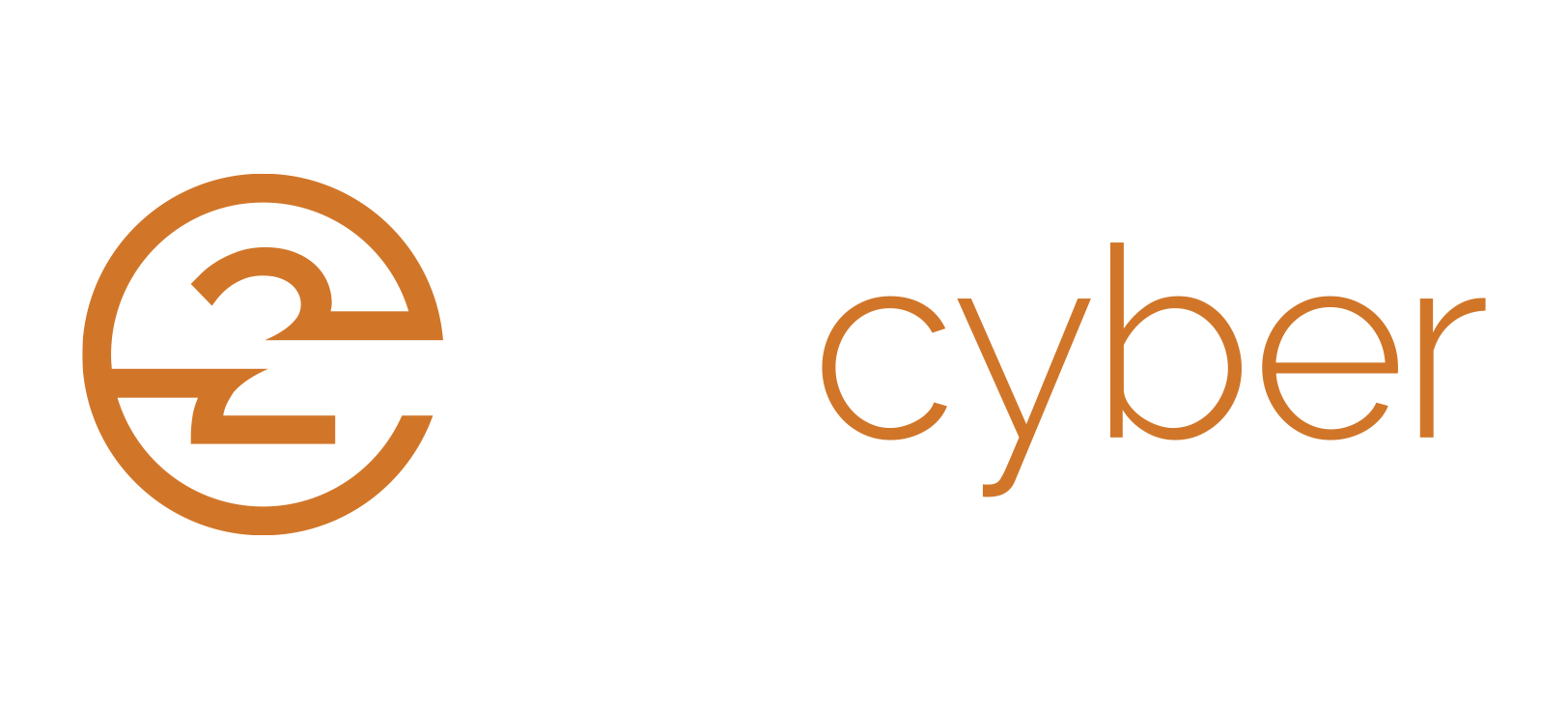
How Skills, Sector, Experience and Location Shape What You’re Paid
Across Australia, cyber security salary expectations are influenced by far more than just job titles or years of experience. From technical engineering roles to non-technical governance paths, from private sector agility to public sector structure, a diverse set of forces are shaping what cyber professionals earn today — and what they can expect tomorrow.
Understanding these dynamics is critical not just for professionals navigating their careers, but for hiring managers and decision-makers tasked with building competitive, high-performing teams. In this article, we break down the key drivers behind cyber security salaries in Australia: the impact of skillsets, the divide between technical and non-technical roles, how government and private sectors compare, and the roles that experience, certification, and location play in determining value.
Let’s delve into what’s really going on behind the numbers.
The Technical vs Non-Technical Divide — and Why Both Matter
Cyber security is not a monolith. It’s a rich ecosystem of roles and responsibilities, broadly split into technical and non-technical domains. The salary dynamics between the two are shifting — and not always in ways you might expect.
Technical Roles: Depth, Complexity, and Specialisation
Technical professionals — the engineers, architects, pen testers, and analysts — are the builders and breakers of cyber. They write scripts, deploy controls, chase vulnerabilities, and safeguard endpoints, cloud environments, and networks from compromise. In Australia, technical cyber roles have historically been seen as the “core” of cyber, and with good reason: without them, there’s no defence.
What’s changing, though, is the premium placed on specialisation. A generalist security engineer may command a decent salary — but an identity specialist who can navigate the nuances of Azure Entra ID (previously active directory),SSO, MFA enforcement, and modern access architectures? That’s a rarer beast, and they’re being paid accordingly.
At the top of the tree are those with deep cloud security expertise — particularly across AWS, Azure, or GCP. With so much infrastructure moving to the cloud, businesses and agencies are scrambling to secure it. If you can design secure-by-default architectures and implement guardrails with code, there’s serious earning potential.
Likewise, penetration testers with OSCP (or equivalent) are in demand, especially those with real-world offensive experience who can move beyond scan-and-report.
In short: technical roles are still highly paid, but depth, niche expertise, and real-world delivery are what separate the $130K candidates from the $200K+ players.
Non-Technical Roles: Rising Relevance in a Regulatory Age
On the other side of the fence are the non-technical roles — GRC specialists, risk advisors, security policy leads, awareness consultants, and compliance managers. For a long time, these roles were seen as "less technical, therefore less critical." But the tide has turned.
With APRA CPS 234, ISO 27001, IRAP, the PSPF, Essential Eight, and now growing momentum behind mandatory incident reporting, the ability to interpret, implement, and report against frameworks is no longer a ‘nice-to-have’. It’s essential. Organisations can no longer afford to wing it — and those who can articulate cyber risk in business terms are in high demand.
In fact, some of the highest-paid cyber professionals in Australia today are not engineers — they’re risk leaders and compliance specialists in financial services, critical infrastructure, and government advisory roles. Their value lies not in coding, but in enabling business continuity, audit readiness, and strategic risk posture.
Private vs Government Sector: Two Worlds, Two Models
Whether you work in the private or public sector can dramatically shift your earning potential — and the path it takes to get there.
The Government Market: Canberra, Clearance, and Consistency
Let’s start with government — and more specifically, Canberra, the beating heart of federal cyber investment. In this market, security clearance is currency. If you hold NV1, NV2, or TSPV, you’re already in a select group. Layer on solid experience, and your day rate could well exceed $1,200, especially in roles requiring systems accreditation, IRAP knowledge, or architecture of classified environments.
Government contracting offers structure, predictability, and volume. Frameworks are defined. Project scopes are relatively stable. But it can also be procedural, and for some, slower-paced. Salaries — especially on contract — are excellent, but typically reserved for those with specialist skills and clearance. Permanent government salaries, while steady, don’t always match the private sector, but they offer stability, job security, and superannuation perks that balance out the package.
If you’re technically strong, cleared, and enjoy working within frameworks like ISM,PSPF, and Essential Eight, government can be a lucrative and meaningful path. But breaking into it without clearance or public sector exposure can be difficult.
The Private Sector: Fast, Varied, and Commercial
In contrast, the private sector is where the pace is faster, the problems more diverse, and the salaries more performance-driven.
Here, your value is often measured by your impact: did you reduce risk exposure? Close audit findings? Enable secure DevOps? Reduce third-party risk?
Technical professionals in this space — particularly those working in financial services, cloud-native environments, or consulting — can command salaries well above $200K, especially in Sydney and Melbourne. Equally, senior GRC leads overseeing regulatory compliance across multinational businesses are earning in that same ballpark, especially if they can manage complex vendor ecosystems and translate cyber risk into strategic business decisions.
The private sector also tends to reward communication skills more explicitly. If you can liaise with executives, run workshops, and influence outcomes across technology and business teams, you’re more likely to reach the higher pay grades — regardless of whether you sit in a SOC or a boardroom.
City-by-City Salary Trends
Let’s talk location. Yes, remote work has blurred some lines, but geography still plays a role — especially when tied to client requirements, cost of living, and clearance needs.
Canberra: The Capital of Clearance
Canberra leads in terms of average cyber salary — especially for contract roles. This is thanks to a concentration of government demand, heavy regulatory obligations, and the clearance premium. NV1 or above can add tens of thousands to your annual earning potential. That said, breaking into this market without existing clearance or public sector experience is difficult, and many roles are limited to Australian citizens.
Sydney & Melbourne: Corporate Cyber Central
Sydney and Melbourne remain the go-to cities for corporate cyber, home to major banks, insurers, telcos, and tech firms. Salaries here are strong — especially in financial services, where APRA and internal audit functions mean GRC professionals are in high demand. Technical security engineers, particularly those with cloud and identity experience, are earning upwards of $180K. Senior GRC leaders are comfortably above $200K, especially if managing regulatory or board-level risk.
Brisbane: Growing and Gaining Ground
Brisbane is growing rapidly — especially across healthcare, energy, and tertiary education. Salaries are marginally lower on average (around 10–15%) than Sydney/Melbourne, but the gap is closing. We’re seeing increased demand for GRC roles in state government, and a steady uptick in cloud and security engineering hires across private enterprise.
Experience: The Ultimate Accelerator
Experience is, unsurprisingly, one of the strongest predictors of cyber salary — but not all experience is equal.
Early Career: Building the Foundation
At the entry level, salaries range from $70K–$100K, depending on whether the role is more technical or compliance-focused. Graduates who complete internships, cadetships, or industry placements tend to command the higher end. Home labs, Hack The Box, and self-directed GitHub projects also impress — especially when combined with certifications like CompTIA Security+, Azure Fundamentals, or GRC courseware.
Mid-Level: Proving Your Value
Once you’ve moved into mid-level territory (3–7 years’ experience), salaries sit between $110K and $150K — often higher for cleared candidates or those with in-demand specialisations. This is where many professionals begin to niche: cloud, risk, identity, red team, compliance, or architecture. It’s also when certifications become more meaningful — not because they guarantee competence, but because they unlock certain clients, tenders, or roles.
Senior Roles: Strategy, Leadership, and Scale
At the senior end, those leading security functions — CISOs, Heads of Risk, Security Managers — can command anywhere between $180K and $300K, sometimes more in large organisations or with P&L responsibility.
But it’s not just tenure that gets you there. It’s leadership, adaptability, stakeholder management, and strategic thinking. If you’re the one who briefs the board, manages incidents, and shapes enterprise risk posture, you’re in prime position to negotiate top-tier compensation.
Certifications: Necessary, But Not Everything
There’s a long-standing debate in cyber circles: do certifications really matter?
The answer is: it depends.
In government contracting, certifications are often table stakes — especially those tied to frameworks or mandates. IRAP assessors, ISO 27001 implementers, CISSP holders — these certifications are not just desirable, they’re billable. Many agencies can’t put you forward without them.
In the private sector, it’s a bit more nuanced. Certifications like CISM, CISSP, CRISC, CCSP, and even vendor-specific credentials (AWS Security Specialty, Azure SC-300) carry weight — especially in hiring decisions. But what seals the deal is how you apply that knowledge. Can you actually deliver? Can you bridge tech and strategy?
What certifications do well is signal intent. They show passion, discipline, and a desire to learn. For junior and mid-level professionals, they’re often the thing that gets your CV in the ‘yes’ pile. But they won’t carry you across the line alone.
Career Paths That Lead to High Salaries
Now for the big question: what path should you follow to earn the most?
There’s no single answer — but there are patterns.
One common route is to start in a GRC or SOC analyst role, gain hands-on experience with risk frameworks or detection tools, earn certifications (CISM, CISSP, IRAP, CCSP), and specialise — either in cloud security, risk governance, or architecture.
Another lucrative pathway is through cyber consulting — either in the Big Four or a boutique firm. Here, exposure to multiple industries, stakeholder environments, and compliance regimes can accelerate your learning (and earning) rapidly. Many of today’s high-earning CISOs and Heads of Security started this way.
Alternatively, sales and pre-sales engineering roles can be hugely lucrative. If you have technical know-how and commercial acumen, cyber security vendors are paying significant bonuses and commissions for those who can translate capability into closed deals.
The takeaway? Pick a niche that excites you, master it, and build a reputation. The money will follow.
What Makes a Cyber Role ‘Secure’ in the Long Run?
“Where’s the job security?” is a question we hear more often these days — and it’s fair. The sector may be growing, but restructures, AI shifts, and project funding cuts have made even cyber feel unpredictable.
So what gives you the best long-term prospects?
The answer isn’t a specific job title — it’s adaptability and relevance.
Roles in GRC and risk management tend to be evergreen, especially in regulated industries. Cloud security, too, shows no signs of slowing — and those who can navigate multi-cloud governance are well positioned. Identity, data privacy, and supply chain security are also strong bets.
But ultimately, the most “secure” professionals are those who don’t rest on their current skill set. They stay curious, track emerging threats, update their knowledge, and broaden their impact.
What Sets the Top Candidates Apart?
With so many smart, qualified people in the field, what makes someone truly stand out?
It’s rarely just technical brilliance. More often, it’s a blend of:
- Proactivity: You’re not waiting to be told what to learn or where to go — you’re already on your way.
- Community Engagement: Speaking at meetups, mentoring others, joining panels, sharing insights. You’re visible.
- Continuous Learning: Whether it’s a new cert, a course, or just devouring threat intelligence reports, you’re always building.
- Communication: You can explain complex ideas clearly to technical and non-technical audiences. That’s gold.
- Resilience: You manage stress, learn from incidents, and support your team. You’re reliable, and that matters.
When hiring managers talk about “top candidates,” these are the traits they name again and again.
Final Words: Salary is a Signal — Not the Whole Story
Let’s be honest — money matters. It reflects how your skills are valued, and it enables freedom and choice. But it’s also just one signal of success.
If you’re early in your career, don’t chase salary at the expense of learning. If you’re mid-level, get strategic about your next few moves — build depth and influence. And if you’re senior, invest in legacy — in mentoring, shaping the culture, and enabling others to rise. No matter the stage, always be partnered with top recruiters that can offer you real time market intel such as our salary and rate guide and a competitive advantage for your application.
The Australian cyber security market is healthy, growing, and filled with opportunity. But it's those who align passion with performance, learning with leadership, and delivery with depth that will see the greatest rewards.
If you’re looking to engage the top professionals in this field, or a cyber security engineer seeking to propel your career further, it’s always the right time to commence discussions, our expert team look forward to connecting with you.




